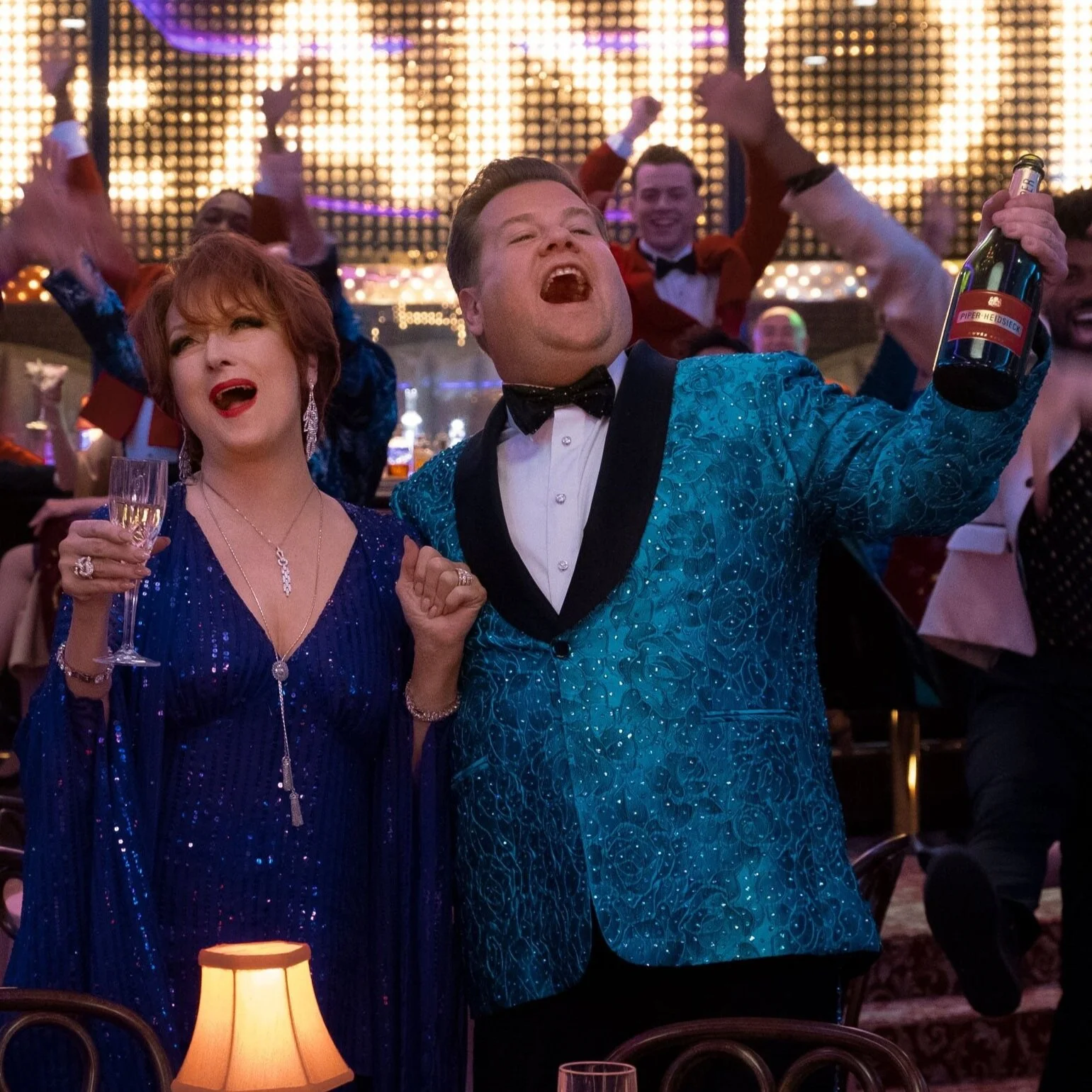Michael Darvell Looks Back at the Year of 2020
It has been a difficult, not to say challenging, year for all the arts. Most artistic endeavours were brought to a halt during the national lockdowns. Although all public performances were curtailed, attempts were made to stream online stage productions but most were less than satisfactory. Perhaps the cinema fared better than most with online streaming, so that cinema audiences could at least see some of the new films. This year I didn’t see as many films as I normally do. In 2019, I saw about seventy of the new releases but in 2020 saw only about half that number, but still have enough titles from which to choose a personal top ten.
There seems to be an abiding thread running through my list based on the subject of justice – or lack of it – starting with 1917, a film that cries out for sympathy and understanding for the follies of war. At the other end of the scale The Prom is just a delightful piece of froth but with a heartfelt message about prejudice wrapped up in it. Just Mercy also deals with prejudice as a black lawyer defends a man unjustly sentenced to death. Time is a documentary on a similar subject about a black wife trying to free her husband from a sixty-year jail sentence. Clemency also handles the death penalty, but here as seen from the viewpoint of a female prison governor.
In Dark Waters a defence lawyer fights an international chemical company’s pollution of public rivers. The Trial of the Chicago 7 deals with the riots of 1968 and the innocent protestors who were put on trial. The case against Richard Jewell is that the titular hero of the Atlanta Olympics bombing, although innocent, subsequently became a suspect. Injustice again raises its ugly head in And Then We Danced in which a member of the National Georgian Ensemble is forced to hide his feelings of love for a fellow male dancer. Finally, Monsoon finds a gay man returning to his home country of Vietnam only to find it totally changed with a palpable distinction between the very rich and the exceedingly poor. So, where’s the justice in that?
Michael Darvell’s Favourites:
1. 1917
2. The Prom
3. Just Mercy
4. Time
5. Clemency
6. Dark Waters
7. The Trial of the Chicago 7
8. Richard Jewell
9. And Then We Danced
10. Monsoon

